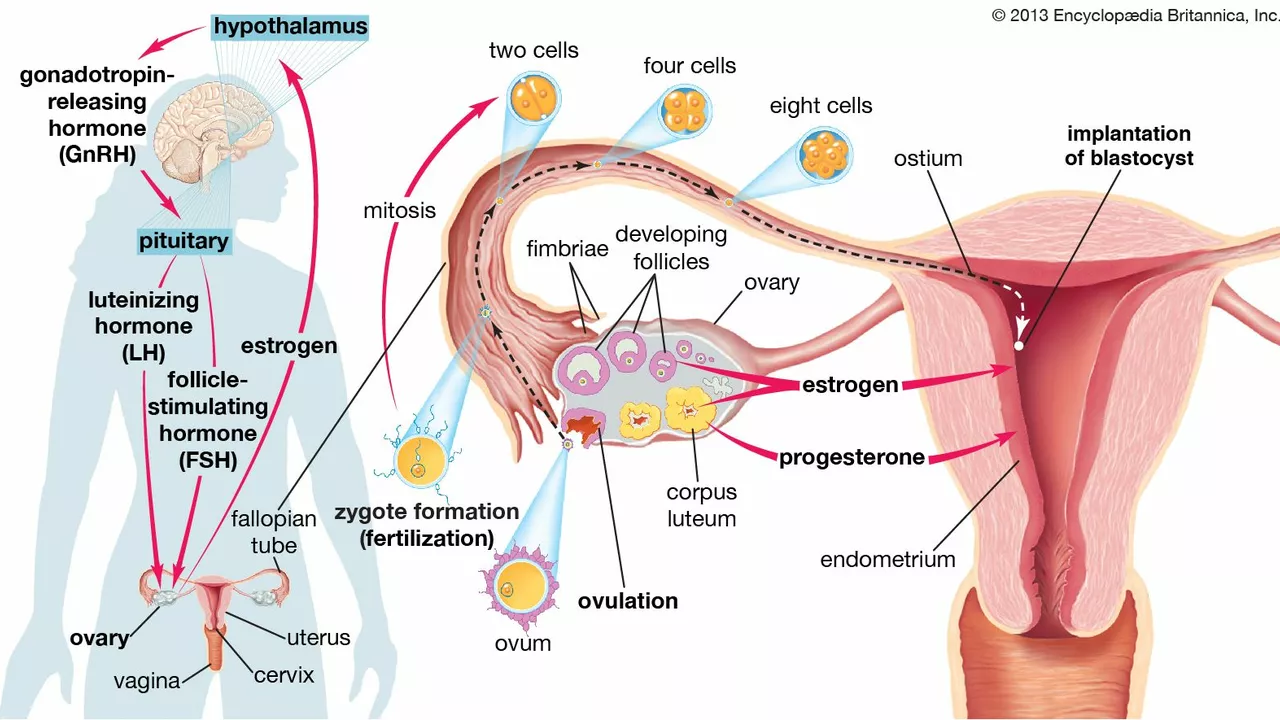Bloating is that annoying feeling when your stomach feels tight, full, or swollen. It can make you uncomfortable and sometimes even painful. Lots of things cause bloating—from what you eat to side effects from certain meds or underlying health problems. Understanding what’s behind your bloating is the first step to feeling better.
Food plays a huge role. Eating too fast, swallowing air, or munching on gas-forming foods like beans, broccoli, or fizzy drinks can puff you up. Also, some people have trouble digesting lactose or gluten, which can cause bloating after meals. Changing what or how you eat can often make a big difference.
Believe it or not, some medications can cause bloating as a side effect. For example, drugs like Keppra, which treats seizures, or certain antibiotics might irritate your digestive system. If you notice bloating after starting a new medicine, it’s worth chatting with your doctor to see if it’s related or if there’s an alternative.
Natural remedies can help ease occasional bloating. Simple things like peppermint tea, gentle walks after meals, or probiotics—those friendly bacteria in yogurts and supplements—can support digestion and reduce discomfort. But if your bloating sticks around or comes with other symptoms like severe pain, weight loss, or blood in stools, get medical advice right away.
Keeping a food diary helps spot patterns with bloating triggers. Also, staying hydrated and exercising regularly can keep your system moving smoothly. Avoid chewing gum or smoking, which cause you to swallow air, making bloating worse. And watch out for salt-heavy processed foods that can make your body hold extra water.
Bloating can be a minor nuisance or a sign of something else going on. Paying attention to your body and adjusting your habits often helps a lot. When in doubt, don’t hesitate to reach out to healthcare pros for guidance—getting relief is possible.
Posted by
Paul Fletcher
10 Comments

In my recent blog post, I discussed the link between bloating and hormonal changes. It turns out, estrogen and progesterone, two primary female hormones, play a significant role in bloating. During certain phases of our menstrual cycle, these hormones can cause our bodies to retain water and salt, leading to that uncomfortable bloated feeling. Not only that, but they can also slow down our digestive system, further contributing to bloating. It's fascinating to understand how our hormones can impact our body in ways we may not initially realize.
read more